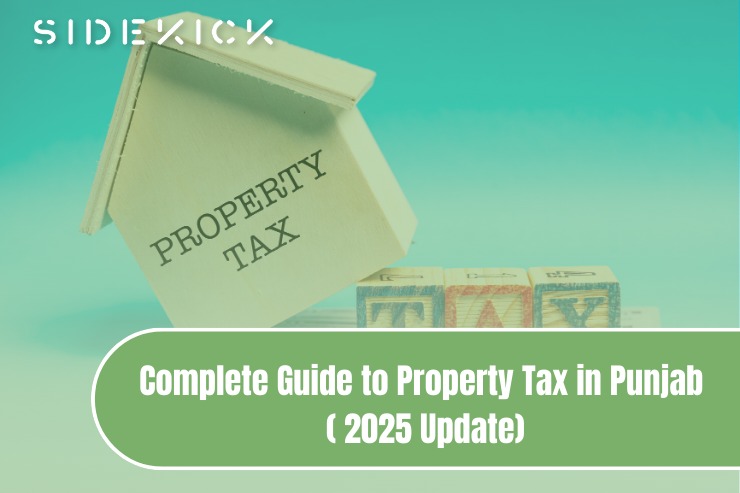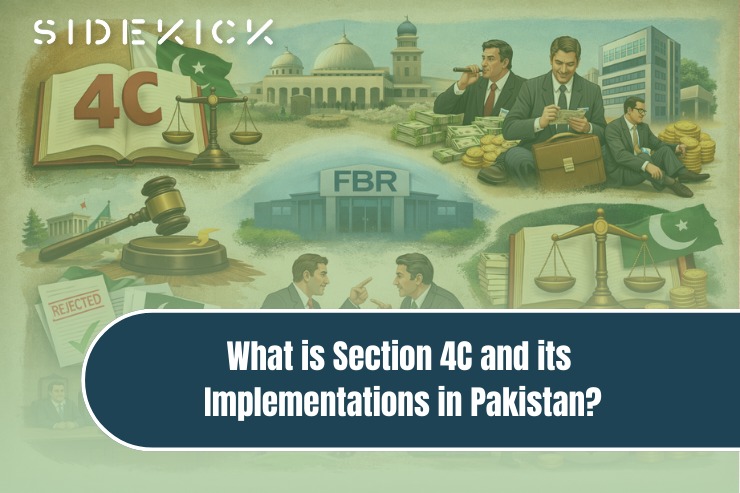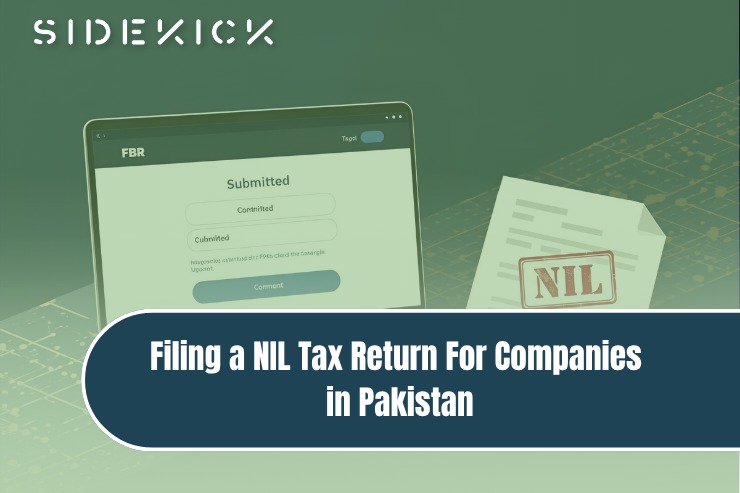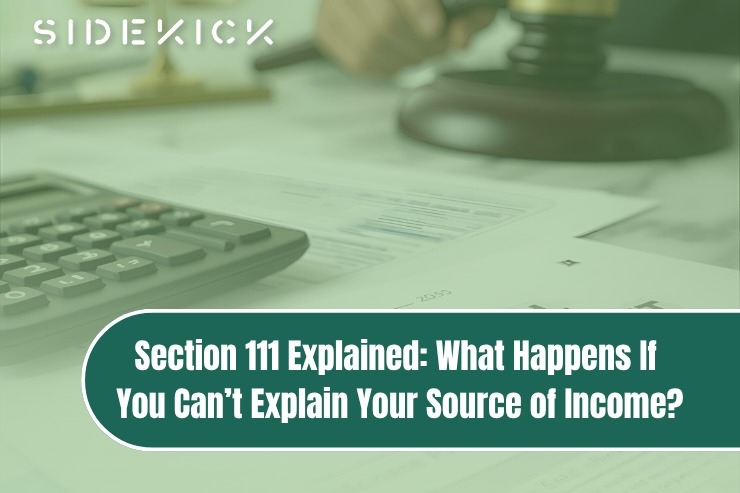Punjab Excise, Taxation, and Narcotics Control Department introduced a series of significant reforms in the property tax system in 2025 to enhance transparency, fairness, and operational efficiency. From January 1st, 2025, the Punjab Excise Department made a significant change to the method of estimation and collection of property taxes.
Transition to DC Rate-Based Assessment
The 2025 reforms introduce the District Collector (DC) rate-based assessment system for tax calculations. The previous approach measured property taxes based on property rental rates. Tax assessments using the updated system are now based on the official DC rates, which show the capital value of the property.
The introduction of DC rates is intended to ensure uniform property valuations, remove inaccuracies, and reduce the weight of taxation on property owners. The introduction of DC rates will be assumed to make the property tax system uniform and fair, shifting taxation from rent values, which may readily vary.
Exemptions and Relief Measures
Punjab’s low-income property owners will benefit from this government initiative, which exempts residential properties up to Rs. 5 million from property tax. When property tax is exempted for such premises, many lower-income households can now benefit from tax relief.
The government has taken the initiative to increase voluntary compliance and broaden the tax base by allowing discounts to new taxpayers who fulfil their initial filing obligation on time. Newcomers to the tax system are obliged to pay only 25% of their total tax amount for the initial period. The aim is to ease the process for the new taxpayers and encourage voluntary participation in the payment of tax.
Implementation Timeline
The new property tax system came into effect on 1 January 2025. To facilitate the transition, the government allowed continuing property owners to remain with the old system until June 30th, 2025.
The extra time allows property owners to learn about and adapt to this new method of determining property value. As per the revised regulations, all property taxes will be assessed and collected based on the DC rates from July 1, 2025.
Self-Assessment and Transparency
To strengthen transparency and give taxpayers more autonomy, the Excise and Taxation Department introduced self-assessment. Taxpayers can now self-assess the value of their properties, making tax calculation simple and transparent by using DC rates. This way, the department will aim to facilitate procedures and promote enhanced confidence and compliance with tax obligations in the public.
Impact on Revenue and Tax Base
The DC rate-based assessment, which was introduced, has significantly changed the way property taxes are managed. Out of more than 200,000 exempted property owners, over 600,000 new properties have been registered in the system. The growth has resulted in a rapid increase in the overall figure of taxable units in Punjab, which now stands at approximately 2.5 million.
The expansion of the tax base is expected to increase revenue collection by an additional Rs. 2 billion from newly added properties. This increase in funds is to complement key public services and huge improvements in infrastructure facilities in Punjab.
Want to Know How Much Property Tax You’ll Pay in 2025?
Get in Touch
Fill out the form below, and we will be in touch shortly.
Who is Exempt from Property Tax in Punjab?
The categories in which the Punjab Excise and Taxation Department provides exemption from property tax are:
- Residential houses constructed in plots less than 5 Marla are exempt, except in “A” category areas (high-end urban areas).
- Properties that earn less than PKR 4,320 in a given year as rent are exempted since they are seen to be of low value.
- Single owner-occupied houses that have an annual rental value not exceeding PKR 6,480 are not subject to tax.
- Properties belonging to widows, minor orphans, or disabled persons are exempt from Tax if the annual Tax to be paid is not more than PKR 12,150.
- One self-occupied residential house up to one Kanal owned by a retired Federal or Provincial government employee is exempt.
- Private properties belonging to the government or the local bodies like municipalities, town committees or corporations are not taxed.
- Mosques and other religious places of worship, such as churches, temples and similar religious establishments, are exempt from tax.
- Public-use buildings and lands such as parks, playgrounds, schools, hostels, boarding houses, libraries, and hospitals are exempt.
- Other properties are also not taxed where the rent is solely for the use of charitable or religious institutions.
These exemptions aim to assist poor residents, public service institutions, and religious or charitable institutions in the Punjab area.
Consequences of Non-Compliance
Property tax non-compliance leads to financial penalties, together with possible property confiscation when non-compliance reaches extreme levels.
The Excise and Taxation Department’s enforcement activities incorporate property inspections and audits to ensure total compliance and fight tax evasion practices.
Simplify Your Property Tax Process with Sidekick
Property tax regulations in Punjab have become easier to manage through Sidekick, which provides help with property registration, tax filings, and legal documentation. Their team of expert virtual assistants fully understands the property tax reforms from 2025, thus ensuring complete compliance with current regulations during property transactions.
Sidekick delivers trusted assistance for tax assessments and deadlines alongside documentation services, enabling investors to focus on their investments with reduced administrative work.
Conclusion
The 2025 property tax reforms in Punjab are a major step towards a fair and efficient tax regime. With the switch to a DC rate-based assessment, exemptions of lower valued properties and the encouragement of self-assessment, the government will be able to increase transparency, widen the tax base and increase revenue collection.
The changes are intended to benefit both the government and taxpayers, making the property tax system more inclusive and fair for the provincial development agenda.







